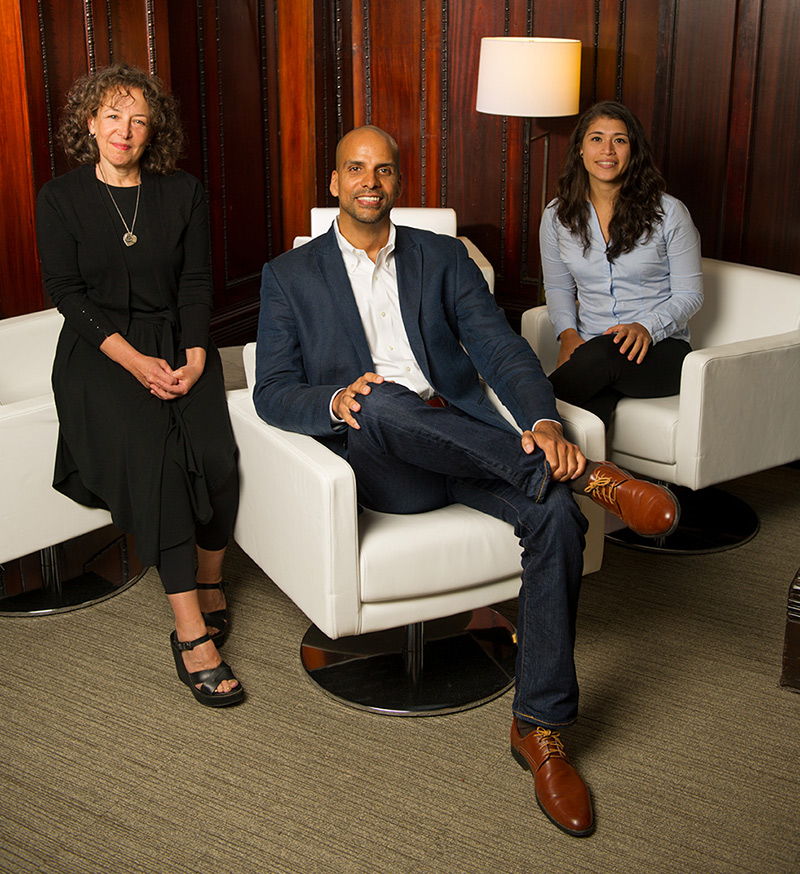Off Course
America’s schools are falling short in preparing young people for civic participation

“If most native-born Americans were required to take the citizenship test…they would fail.”
— Michael Rebell
As Rebell powerfully documents, in the wake of the 2008 recession, many high-needs high schools in New York were forced to eliminate field trips, guest speakers and civics-related after-school offerings, including community service programs, speech and debate clubs, school newspaper and student government. In the 2014 congressional races, only 45.8 percent of eligible white people voted, and just 40.6 percent of eligible black voters and 27 percent of Hispanic voters. Higher-income people are far more likely to work for a political campaign, contact elected officials, sit on a board or get involved in informal community work.
How to change this distressing picture? Rebell believes that getting the U.S. Supreme Court to mandate a right to education that ensures civic preparation would be a major step in the right direction, but he and Teachers College’s Center for Educational Equity (CEE) are working several other related angles as well.
“So often it’s the lawyers and policy wonks who are driving education policy. But we believe strongly that those most affected by these decisions must be at the table.”
— Joe Rogers Jr.
“We’re looking at civics education from a rights-based perspective,” says Joe Rogers, Jr., CEE’s Director of Public Engagement. “Because civic preparation isn’t just aspirational. It’s something that New York’s schools are legally –and constitutionally – obligated to provide for their students.”
CEE is in the process of sounding out New York state high school principals, teachers, students and parents on how their schools should, ideally, conduct civic preparation, as well as on what resources schools currently have and what they would need to do a better job.
Yet many people – particularly those in communities with high concentrations of poverty – have no idea that the state constitution guarantees civic preparation as an educational right. Thus CEE also is laying the groundwork for a public-engagement campaign to explore the civic mission of the schools in districts all around the state.
Among the first questions that CEE wants to take to the public: How should New York define “productive civic participant”? Should schooling simply prepare students to go to the polls once a year or should it supply the necessary knowledge and support the development of the skills to effect change in their communities year-round?
“We’re facilitating a conversation about what civic preparation really means – and about what skills and knowledge young people must acquire in order to grapple with complex issues and work out their own views.”
— Jessica Wolff
“So often it’s the lawyers and policy wonks who are driving education policy,” Rogers says. “But we believe strongly that those most affected by these decisions must be at the table.”
“We don’t create our policy recommendations about civics education from thin air,” says Jessica Wolff, CEE’s Director of Policy and Research. “We’re facilitating a conversation about what civic preparation really means – and about what skills and knowledge young people must acquire in order to grapple with complex issues and work out their own views.”
In September 2017, New York’s Board of Regents issued its plan for implementation of the federal Every Student Succeeds Act, passed by Congress in 2015. The plan includes a proposal for the creation of a “college, career and civic readiness index.” CEE’s research and public engagement will go a long way to help the state measure up.
Related Stories
The Smart Money is On Civic Education: A leading philanthropic family is betting on TC’s efforts
Published Tuesday, Nov 7, 2017